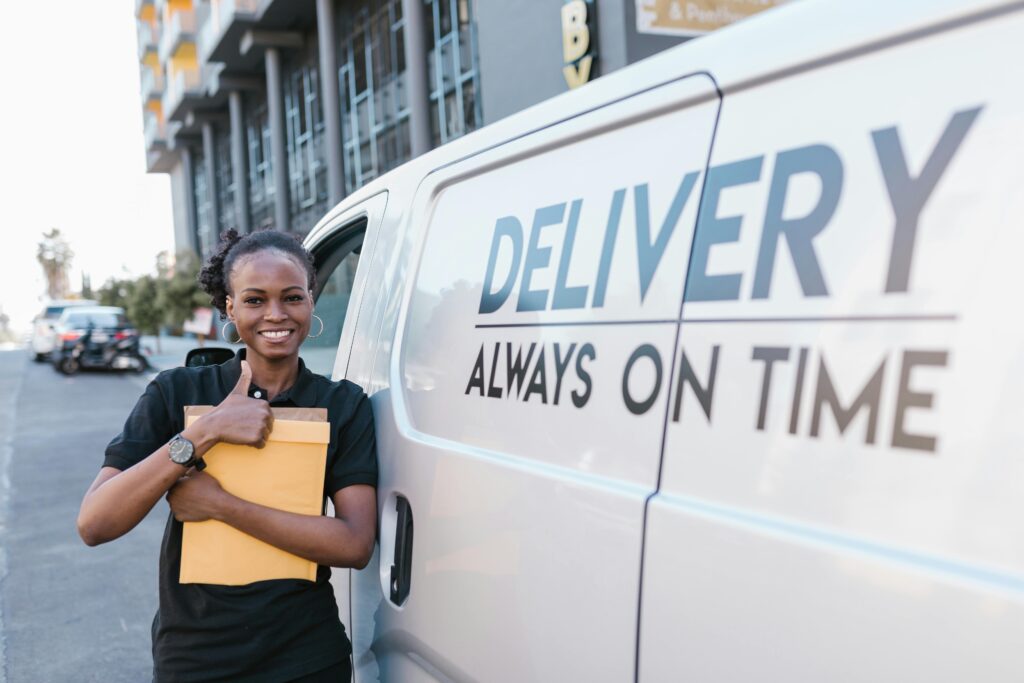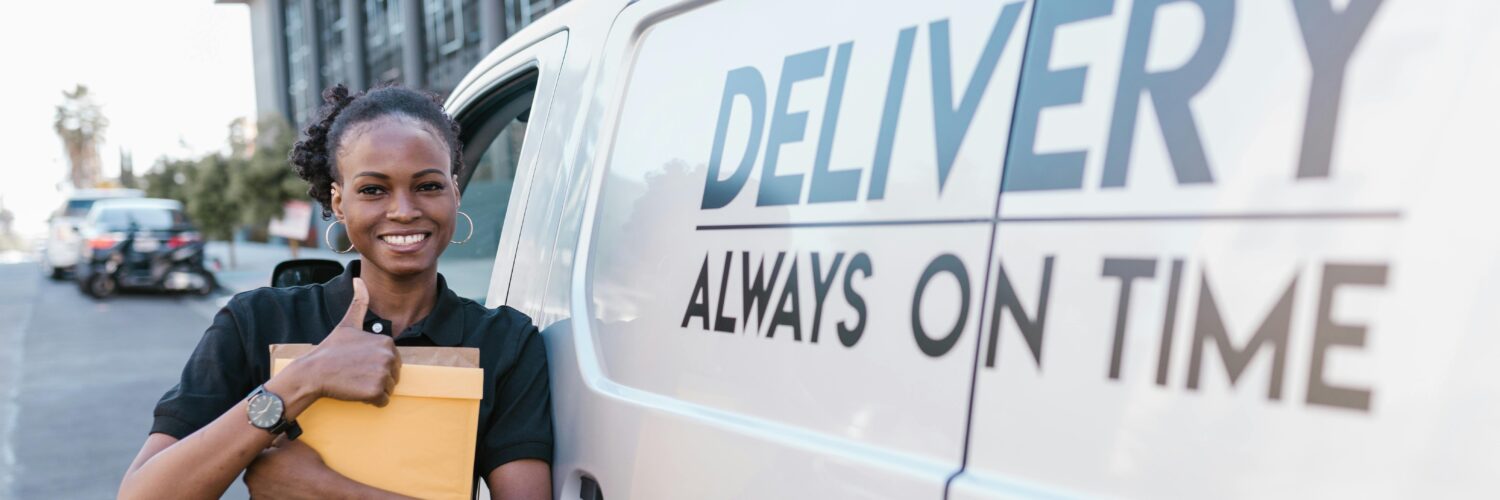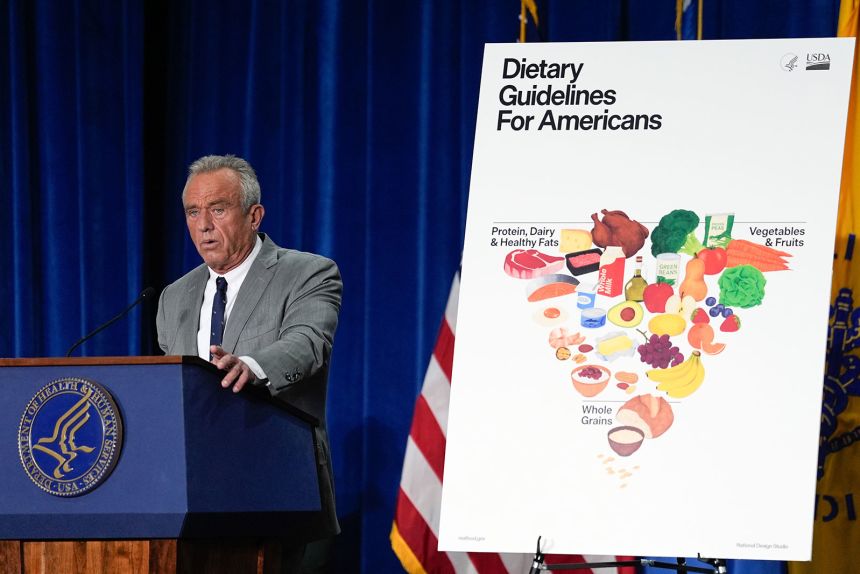In Florida, being on the road isn’t just a logistical necessity—it’s the engine that drives your success. Whether you’re part of a cleaning crew transforming homes, a plumbing company tackling complex repairs, an IT team connecting clients across the state, or a home repair service keeping households running smoothly, your fleet represents more than transportation. These vehicles are mobile offices, essential tool carriers, and the direct link to your valued customers.
But amid the service calls and daily routes, one critical question remains: are you—and your business—truly protected with the right commercial auto insurance?
This comprehensive guide is tailored for service-based businesses like yours, operating within Florida’s unique legal and economic landscape. Our goal is to demystify the often-complex world of commercial auto insurance, offering clarity and actionable steps to help you evaluate, strategically select, and optimize a policy that fits the specific demands and risks of your mobile operations.

Businesses on the Road: Understanding Who Truly Needs Commercial Coverage?
The spectrum of service-based businesses that rely heavily on vehicular transportation within Florida is vast and diverse. If your business model inherently involves employees operating vehicles for any task directly related to your revenue-generating activities, then commercial auto insurance is not just recommended – it’s an absolute necessity. This crucial coverage extends to a wide array of industries, including but certainly not limited to:
- Mobile Cleaning Services: From independent housekeepers to large cleaning franchises, vehicles are essential for transporting equipment and personnel to various client locations.
- Plumbing and HVAC Companies: Service vans loaded with specialized tools and parts are the lifeblood of these businesses, enabling timely and efficient repairs and installations.
- IT Support and Technology Services: Technicians often travel to client sites to provide on-demand support, troubleshoot issues, and install crucial hardware and software.
- Home Repair and Maintenance Services: Carpenters, electricians, painters, and general handymen rely on their vehicles to carry tools, materials, and themselves to numerous job locations daily.
- Landscaping and Lawn Care Businesses: Trucks and trailers are indispensable for transporting mowers, trimmers, fertilizers, and other landscaping equipment to maintain Florida’s lush outdoor spaces.
- Delivery and Courier Services: Businesses that specialize in transporting goods, documents, or food require robust commercial auto coverage for their entire delivery fleet.
- Real Estate and Property Management: Agents and property managers often use their vehicles for client meetings, property viewings, and site inspections.
- Healthcare and Home Health Services: Visiting nurses, therapists, and other healthcare professionals rely on their vehicles to reach patients in their homes.

Crucially, it’s imperative to dispel the common misconception that personal auto insurance can adequately cover these business-related activities. A standard personal auto policy is designed to protect against risks associated with personal commuting and leisure driving. It explicitly excludes coverage for vehicles used for commercial purposes, leaving your business financially vulnerable in the event of an accident while your employees are on the job.
Decoding the Distinction: Commercial Use vs. Personal Use Under Florida Law
Florida law establishes a clear and often stringent demarcation between personal and commercial vehicle usage. Understanding this distinction is paramount for ensuring you secure the appropriate type of insurance coverage. Generally speaking, if a vehicle is utilized for any of the following purposes, it unequivocally falls under the umbrella of commercial use and necessitates a dedicated commercial auto insurance policy:
- The Transportation of Goods or Equipment Directly Related to Business Operations: This includes carrying cleaning supplies, plumbing tools, IT equipment, construction materials, or any other items essential for providing your services.
- The Provision of Services for a Fee or Direct Compensation: If your vehicle is integral to delivering the services for which your clients pay, it’s considered commercial use. This encompasses traveling to client locations to perform cleaning, repairs, installations, consultations, or any other billable service.
- Employees Operating Vehicles as Part of Their Job Responsibilities: Any instance where your employees are driving vehicles to fulfill their work duties, regardless of whether the vehicle is owned by the company or the employee, constitutes commercial use. This includes traveling to job sites, running errands for the business, or making deliveries.
- Any Activity Directly Generating Revenue for the Business: If the use of the vehicle is directly linked to the generation of income for your business, it’s classified as commercial use. This encompasses everything from transporting clients to making sales calls.
Even small, independent contractors or sole proprietors who use their personal vehicles for commercial activities are legally required to obtain commercial auto insurance. Failure to secure this coverage can lead to serious financial consequences in the event of an accident, including denied insurance claims and potential personal liability for damages..
A Comprehensive Dive into Essential Commercial Auto Coverages
Commercial auto insurance policies offer a wide range of critical coverages specifically designed to protect businesses and their assets. Understanding the details of each type of coverage is essential for building a policy that delivers robust and comprehensive protection.
Physical Damage Coverage: Protecting Business Assets on Wheels
This foundational coverage addresses the financial impact of damage to the business’s own vehicles.
Collision Coverage: Addressing Damage from Impacts
Collision coverage pays for the repair or replacement of an insured vehicle that is damaged in a collision with another vehicle or object—such as a tree, guardrail, or pothole. This protection applies regardless of who is at fault for the accident.
Comprehensive Coverage: Safeguarding Against Non-Collision Perils
Comprehensive coverage offers protection against various non-collision-related risks, such as theft, vandalism, fire, natural disasters (like hail or windstorms), and animal collisions.
Liability Coverage: Shielding the Business from Third-Party Claims
This is arguably the most essential component of a commercial auto policy, providing financial protection from claims involving injury to others or damage to others’ property caused by a business vehicle.
-
Bodily Injury Liability helps cover medical expenses, lost wages, and related costs when an employee injures another person in an accident. It can also cover legal defense costs if the business is sued.
-
Property Damage Liability pays for the repair or replacement of another party’s property—such as vehicles, buildings, or fences—if it is damaged in an accident caused by the business or its employees.
Essential Add-On Coverages to Enhance Protection
-
Roadside Assistance: A Safety Net for On-the-Road Emergencies
This optional coverage supports common roadside emergencies, such as towing, battery jump-starts, flat tire changes, fuel delivery, and lockout assistance. -
Rental Reimbursement: Minimizing Business Interruption After an Accident
When a business vehicle is taken out of service for repairs following a covered accident, rental reimbursement helps cover the cost of a temporary replacement vehicle, ensuring continuity of operations.
Strategically Matching Coverage to Specific Business Types
A one-size-fits-all approach does not suffice for commercial auto insurance. The ideal policy must be tailored to the specific needs of each business:
-
Independent Contractors or Sole Proprietors
Even a solo operation using a single vehicle for services such as cleaning, plumbing, IT support, or home repairs requires commercial auto insurance. A policy in this case might include basic liability coverage along with physical damage protection for the work vehicle. -
Growing Fleet-Based Operations
Businesses with multiple vehicles and employees on the road face more complex insurance needs. These companies typically require higher liability limits and may benefit from commercial fleet coverage to simplify insurance management. Hired and non-owned auto insurance is also crucial for providing liability protection for rented, leased, or employee-owned vehicles used for business purposes.
The Synergistic Relationship: Cross-Promoting Related Business Insurance Policies
Commercial auto insurance plays a key role in a broader risk management strategy. Complementary coverages include:
-
General Liability Insurance in Florida: Protection Beyond the Vehicle
This coverage addresses liability claims from bodily injury or property damage occurring offsite. It is particularly important for service-based businesses that work at client locations. For example, if a cleaning employee accidentally breaks a valuable item in a client’s home, general liability coverage may cover the cost. -
Workers’ Compensation Insurance in Florida: Securing Mobile Teams
For businesses with four or more employees, workers’ compensation is mandatory in Florida. It covers medical expenses, lost wages, and rehabilitation for employees injured on the job—including accidents occurring while driving for work. -
Employment Practices Liability Insurance (EPLI): Protection from Employment-Related Claims
As businesses grow and expand their teams, they become more vulnerable to claims of wrongful termination, discrimination, or harassment. EPLI helps protect against the financial and legal risks associated with such claims.

Ensuring Smooth Operations: Fleet Management and Insurance Compliance
- The Importance of Meticulous Safety Logs: Maintaining accurate and up-to-date records of all vehicle maintenance, regular safety inspections, and detailed driver activity logs is paramount. These logs serve as essential documentation to demonstrate your commitment to vehicle safety and proper maintenance, which can be a positive factor when dealing with insurance providers. In the unfortunate event of an accident or an insurance audit, these records provide crucial evidence of your proactive safety measures.
- The Value of Comprehensive Driver Training Programs: Investing in regular and comprehensive safety training programs for all employees who operate your business vehicles is a proactive step that can significantly reduce the risk of accidents and associated insurance claims. This training should cover a wide range of topics, including defensive driving techniques, proper vehicle operation, adherence to traffic laws, company policies regarding vehicle use, and procedures for handling accidents or emergencies. A well-trained and safety-conscious team directly translates to a lower risk profile for your business, which can be reflected in more favorable insurance premiums.
Avoiding Costly Pitfalls: 5 Common Mistakes That Can Cost Small Businesses Thousands
- Assuming Personal Auto Insurance Is Sufficient
One of the most common and financially devastating mistakes small businesses make is relying on personal auto insurance for vehicles used in commercial operations. Personal policies are not structured to cover business-related driving. If an accident occurs while conducting business, personal coverage is likely to be denied, potentially leaving the business responsible for costly vehicle repairs, medical expenses, and legal liabilities. - Underestimating Liability Coverage Needs
Commercial vehicle accidents, particularly in high-traffic areas or when transporting heavy equipment, can result in extensive property damage and serious injuries. Relying solely on the state’s minimum liability coverage leaves a business highly vulnerable to lawsuits and financial ruin. Proper risk assessment and selecting sufficient liability limits are essential to safeguard business assets. - Overlooking Uninsured/Underinsured Motorist Coverage
Despite legal mandates, many drivers in Florida either lack insurance or carry inadequate coverage. Without Uninsured/Underinsured Motorist (UM/UIM) coverage, businesses and their employees are exposed to significant financial risk if involved in an accident with such drivers. UM/UIM coverage helps pay for vehicle repairs and medical costs when the at-fault party lacks adequate insurance. - Failing to Maintain Accurate and Complete Records
Maintaining detailed records is critical in the commercial auto insurance space. Proper documentation—including vehicle maintenance logs, driver records, trip details, and accident reports—supports efficient claim processing and demonstrates compliance with policy terms. Incomplete or inaccurate records can delay claims or result in denials, exposing the business to preventable losses. - Not Regularly Reviewing and Updating the Insurance Policy
As businesses grow and change, so do their insurance needs. Whether it’s an expanded fleet, additional employees, new service offerings, or changes in geographic operations, failing to reassess insurance coverage regularly can leave a business underinsured. Reviewing and updating the commercial auto insurance policy at least annually—or after significant operational changes—is vital to ensure continued protection against emerging risks.
How Commercialize Insurance Services (CIS) Empowers Florida Businesses to Stay Compliant and Comprehensively Covered
Commercialize Insurance Services (CIS) understands the unique operational challenges and risks that service-based businesses across Florida encounter daily. As a dedicated insurance partner, CIS offers expert guidance and customized insurance solutions designed to exceed basic compliance requirements and provide comprehensive protection. Here’s how CIS supports Florida businesses:
Personalized Evaluation of Insurance Needs
CIS conducts thorough assessments tailored to each business, taking into account operational intricacies, fleet size and composition, employee driving habits, and overall risk exposure. This detailed approach ensures a clear understanding of the client’s insurance requirements.
Strategic Policy Selection Tailored to Each Business
Through a strong network of reputable and financially stable insurance carriers, CIS presents a range of competitive commercial auto insurance options. Each policy is explained in detail—highlighting its benefits and limitations—so business owners can make informed decisions that align with both their coverage needs and budget constraints.
Ensuring Full Compliance with Florida Insurance Laws
Navigating Florida’s complex insurance regulations can be overwhelming. CIS’s knowledgeable advisors guide businesses in ensuring their commercial auto policies meet all state-mandated requirements, helping them avoid legal penalties and operate with confidence.
Proactive Risk Management to Protect the Bottom Line
CIS’s mission extends beyond selling policies; it aims to help businesses develop robust risk management strategies. By identifying mobile operation risks and recommending suitable insurance coverages and safety practices, CIS helps clients minimize potential losses and protect their financial stability.
Secure the Future with a Complimentary Policy Review
CIS encourages Florida service-based businesses to take proactive steps toward protection. By requesting a complimentary, no-obligation policy review with a CIS advisor, businesses can ensure they have the right commercial auto insurance in place to safeguard their operations. With CIS as a trusted partner, businesses gain the confidence and coverage they need to navigate Florida’s roads securely.
Discover the Right Protection
To explore the best commercial auto insurance options and learn more about CIS’s Business Owners Policy and additional services, businesses are invited to request a personalized quote today.







